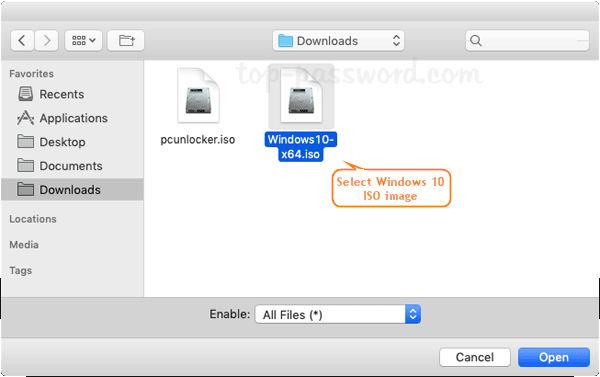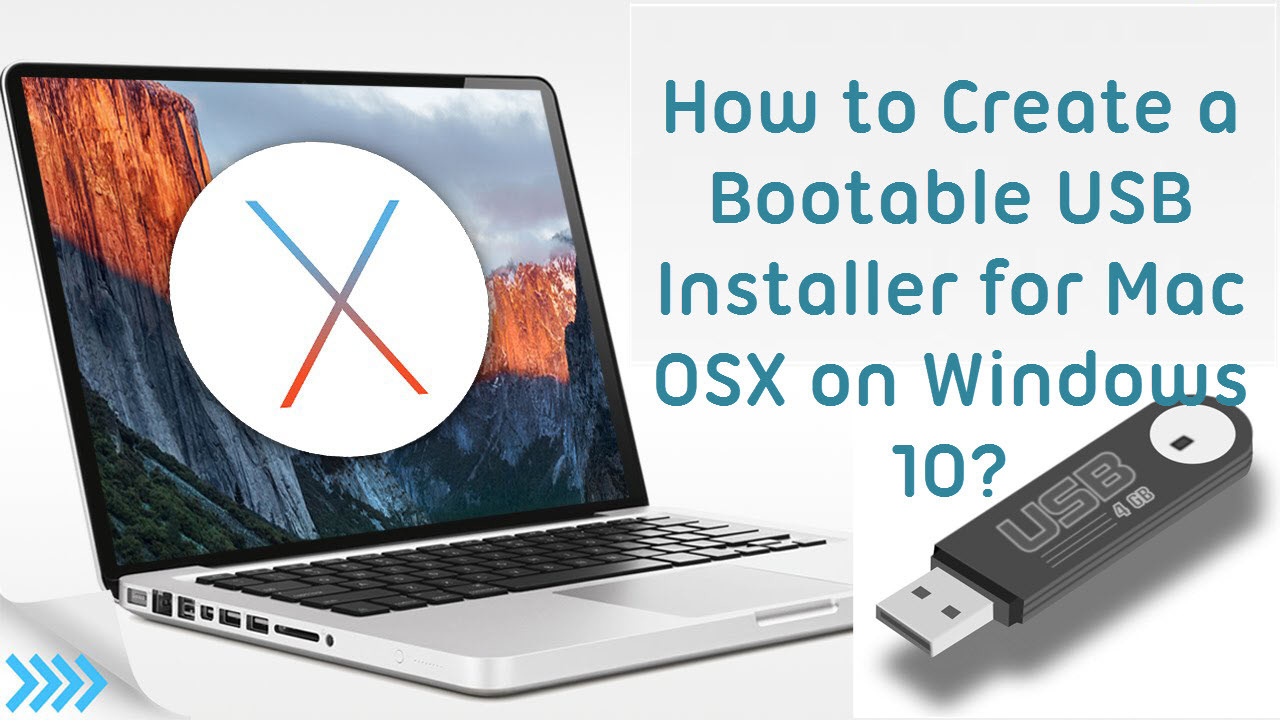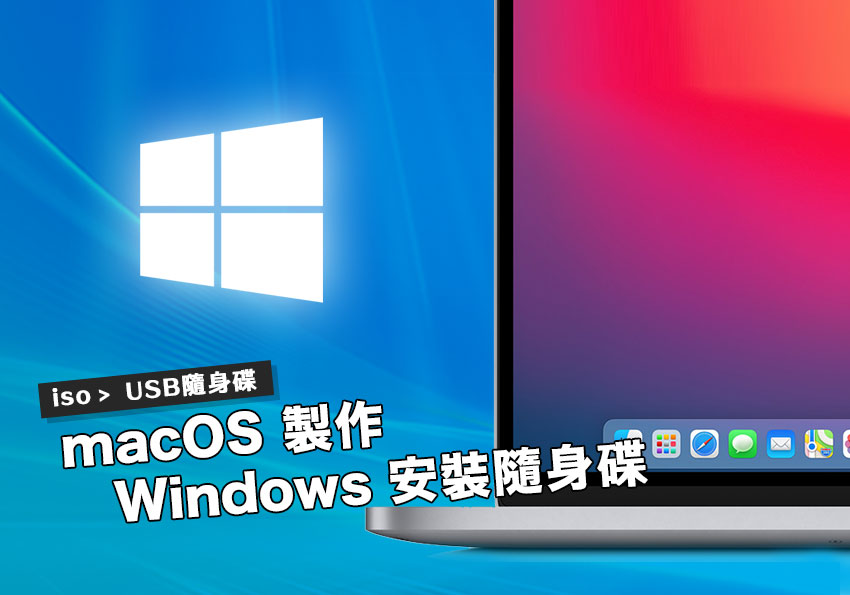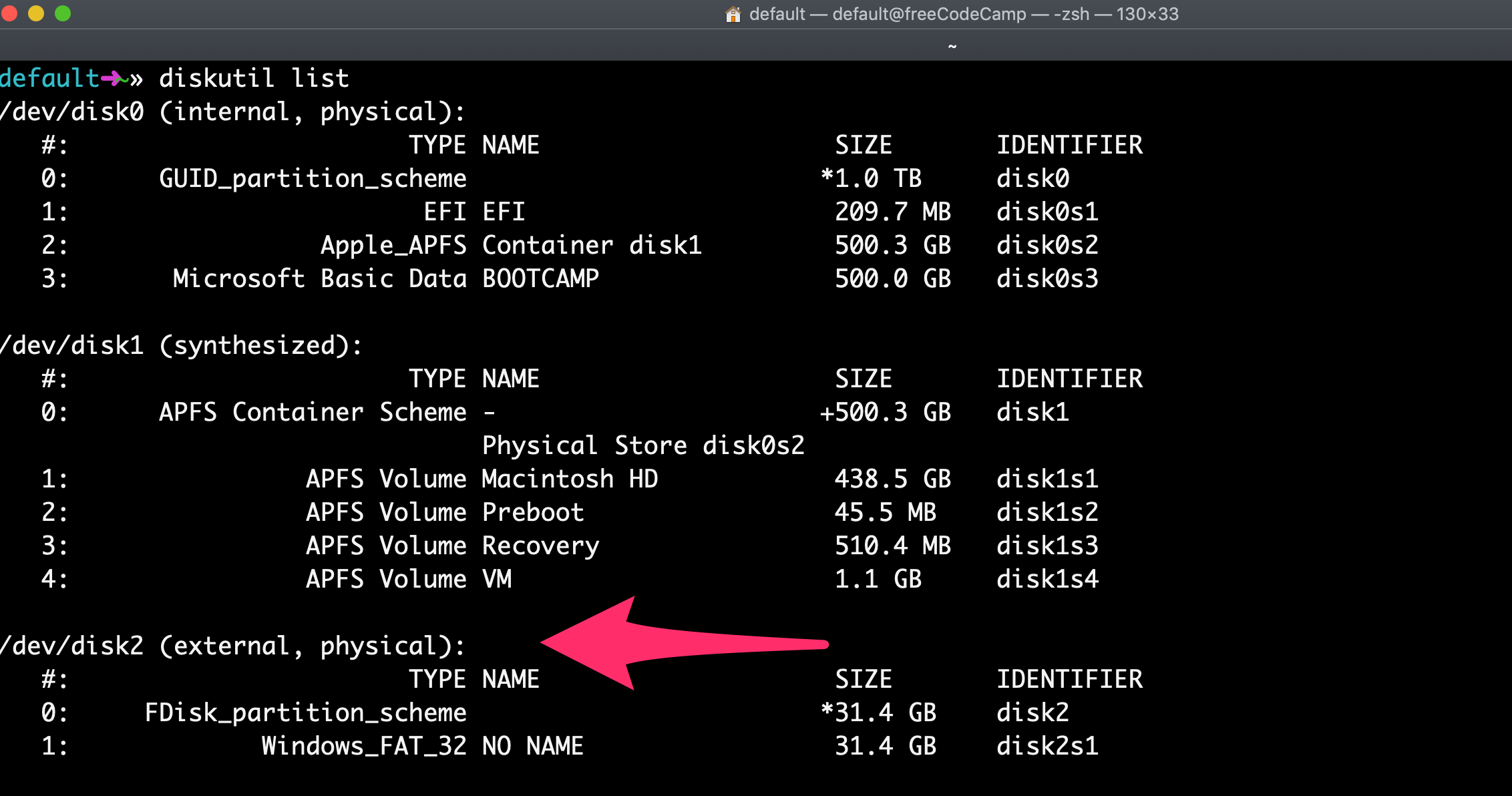
#Win usb for mac android#
To create an Arch Linux installer, download the ISO image file on your Android device. According to bug reports it does not always work on Android 9 and Android 4.4. It works without root permissions on Android 5 to Android 8. The USB device will be bootable.ĮtchDroid is a OS image flasher for Android. After completion, macOS may complain that "The disk you inserted was not readable by this computer". Note diskX here should not include the s1 suffix, or else the USB device will only be bootable in UEFI mode and not legacy. To view progress, send SIGINFO by pressing Ctrl+t. # dd if=path/to/archlinux- version-x86_64.iso of=/dev/ rdiskX bs=1m This differs from GNU dd, used elsewhere in this article. Note: BSD-derived dd, which includes macOS's default dd, uses lower-case m suffix.
#Win usb for mac windows#
If under Vista or Win7, you should open the console as administrator, or else flashnul will fail to open the stick as a block device and will only be able to write via the drive handle windows provides If you get an access denied error, close any Explorer windows you have open. When you have determined which device is the correct one, you can write the image to your drive, by invoking flashnul with the device index, -L, and the path to your image, e.g:Ĭ:\>flashnul E: -L path\to\archlinux- version-x86_64.isoĪs long as you are really sure you want to write the data, type yes, then wait a bit for it to write. # dd if=ISOs\archlinux- version-x86_64.iso od=\\.\d: bs=4Mįlashnul is an utility to verify the functionality and maintenance of Flash-Memory (USB-Flash, IDE-Flash, SecureDigital, MMC, MemoryStick, SmartMedia, XD, CompactFlash etc).įrom a command prompt, invoke flashnul with -p, and determine which device index is your USB drive, e.g.: Simply replace the various null spots (indicated by an "x") with the correct date and correct drive letter.

Be absolutely sure that you are directing dd to the correct drive before executing. Warning: Because the od is used, all partitions on the selected disk will be destroyed. Simply select the Arch Linux ISO, the USB drive you want to create the bootable Arch Linux onto and click START. It provides a graphical user interface and does not care if the drive is properly formatted or not. Just download the Arch Linux ISO, and with local administrator rights use the USBwriter utility to write to your USB flash memory. This method does not require any workaround and is as straightforward as dd under Linux. Simply select your iso image and the target USB drive letter (you may have to format it first to assign it a drive letter), and click Write. Win32diskimager is another graphical USB iso writing tool for Windows. $ xorriso-dd-target -with_sudo -plug_test -DO_WRITE -image_file archlinux- version-x86_64.iso For example, to use it as a regular user who can elevate to root using sudo: Xorriso-dd-target (from libisoburn) is a shell script which attempts to reduce the risk of overwriting the wrong storage device. SUSE Studio ImageWriter is a Qt based tool made by the OpenSUSE development team. Popsicle is a tool made for flashing ISO files to multiple USB devices in parallel by the PopOS development team. Kindd is a Qt based graphical frontend for dd. Gnome-multi-writer is a simple GTK3 based graphical tool to write an ISO file to one or multiple USB devices at once. When GNOME Disk Utility opens, specify the flash drive from the Destination drop-down menu and click Start Restoring. iso file, and select Open With Disk Image Writer.

Linux distributions running GNOME can easily make a live CD through nautilus and gnome-disk-utility.

If this does not work, you may also try updating your motherboard's firmware. Tip: If the UEFI version of the USB's Arch ISO hangs or is unable to load, try repeating the medium creation process on the same USB drive one or more times.

This method is recommended due to its simplicity and universal availability, since these tools are part of coreutils (pulled in by the base meta-package). Using the ISO as is (BIOS and UEFI) In GNU/Linux Using basic command line utilities


 0 kommentar(er)
0 kommentar(er)
